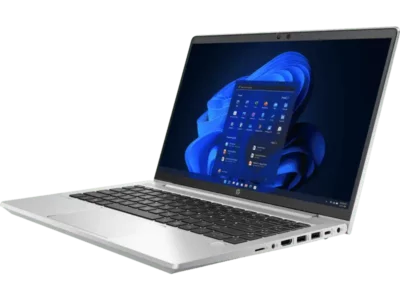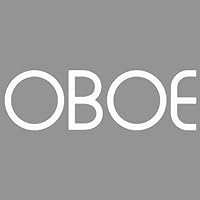Tips for Engineering Students Looking for a Budget Laptop
It’s no secret that the best laptop configuration for engineering students is a key factor in their success. After all, engineering is a highly demanding field that requires a great deal of computing power and the right tools to get the job done.
Engineering students, depending upon the stream they are pursuing use a diverse range of software, from AutoCAD, SolidWorks, Ansys, to SketchUp, Adobe, STADD Pro, to MySQL, Python, Java and even SAP.
With so many laptop options on the market, it can be intriguing to find the one that’s best for you.
To help you out, we’ve put together a guide on the best laptop configuration for engineering students. We’ll cover the key features to look for when choosing the right laptop, as well as some tips on how to get the most out of your purchase.
Choosing the Right Processor: The Key to a High-Performance Laptop for Engineering Students
The first and most important feature to consider is the processor. For engineering students, the most important consideration is to choose a laptop with a powerful processor that is capable of running complex software programs and applications. Intel and AMD processors are the two main choices, with Intel typically the preferred option due to its higher performance and greater energy efficiency. Look for a laptop with at least an Intel Core i5 processor, or a comparable AMD processor.
How Much Memory Do You Really Need for Your Engineering Tasks?
The next feature to consider is RAM (random access memory), which is essential for running multiple applications and programs at the same time. 8GB of RAM is generally considered the minimum for engineering students, with 16GB being preferred. If you’re looking for a laptop that can handle more demanding tasks, look for one with at least 32GB of RAM.
Storage Options for Engineering Students: SSDs vs. HDDs
Storage is also an important factor to consider when choosing the best laptop configuration for engineering students. Solid-state drives (SSDs) are the preferred choice due to their faster performance and lower power consumption. Look for one with at least 512GB if you’re looking for more space. If you’re on a tight budget, a hard drive with 1TB of storage is also a viable option.
Finding the Right Screen Resolution for Your Engineering Workload
The display is another important factor to consider when choosing the best laptop for engineering students. Look for a laptop with a high-resolution display that can handle the complexities of engineering software programs. A 1080p display is the minimum requirement for engineering students, with 4K displays being preferred for more demanding tasks.
Battery Life is Crucial for Students
Finally, battery life is another factor to consider when choosing the best laptop configuration for engineering students. Look for a laptop with at least 8 hours of battery life, or more if you plan on using your laptop on the go. Many engineering students prefer to use their laptop while on the go, so make sure to factor this into your decision.
In conclusion, the best laptop configuration for engineering students depends on the type of work they plan to do. Look for a laptop with a powerful processor, a large amount of RAM, a solid-state drive, a high-resolution display, and long battery life. With the right laptop configuration, engineering students can be sure that they have the right tools to get their job done.
High-Performance Laptops for Engineering Students on a Tight Budget
 HP’s Probook 440 G8 notebook 6G9B6PA and Notebook PC 6g9r3pa are two excellent choices for engineering students who are on a tight budget but still require a high-performance laptop for their academic needs. Both laptops come with 11th Generation Intel® Core™ i5 processors, ample storage space with 512 GB PCIe® NVMe™ SSD, and the latest Windows 11 operating system. The HP Probook 440 G8 notebook 6G9B6PA offers a larger 14″ diagonal FHD IPS display with 16 GB DDR4 RAM, while the Notebook PC 6g9r3pa is more lightweight and portable with a 14″ diagonal HD display and 8 GB DDR4 RAM. With these impressive specifications and a modern design, HP is the best choice for engineering students looking for a budget laptop.
HP’s Probook 440 G8 notebook 6G9B6PA and Notebook PC 6g9r3pa are two excellent choices for engineering students who are on a tight budget but still require a high-performance laptop for their academic needs. Both laptops come with 11th Generation Intel® Core™ i5 processors, ample storage space with 512 GB PCIe® NVMe™ SSD, and the latest Windows 11 operating system. The HP Probook 440 G8 notebook 6G9B6PA offers a larger 14″ diagonal FHD IPS display with 16 GB DDR4 RAM, while the Notebook PC 6g9r3pa is more lightweight and portable with a 14″ diagonal HD display and 8 GB DDR4 RAM. With these impressive specifications and a modern design, HP is the best choice for engineering students looking for a budget laptop.
Compare and view all the best laptop for engineering students under 50000






















